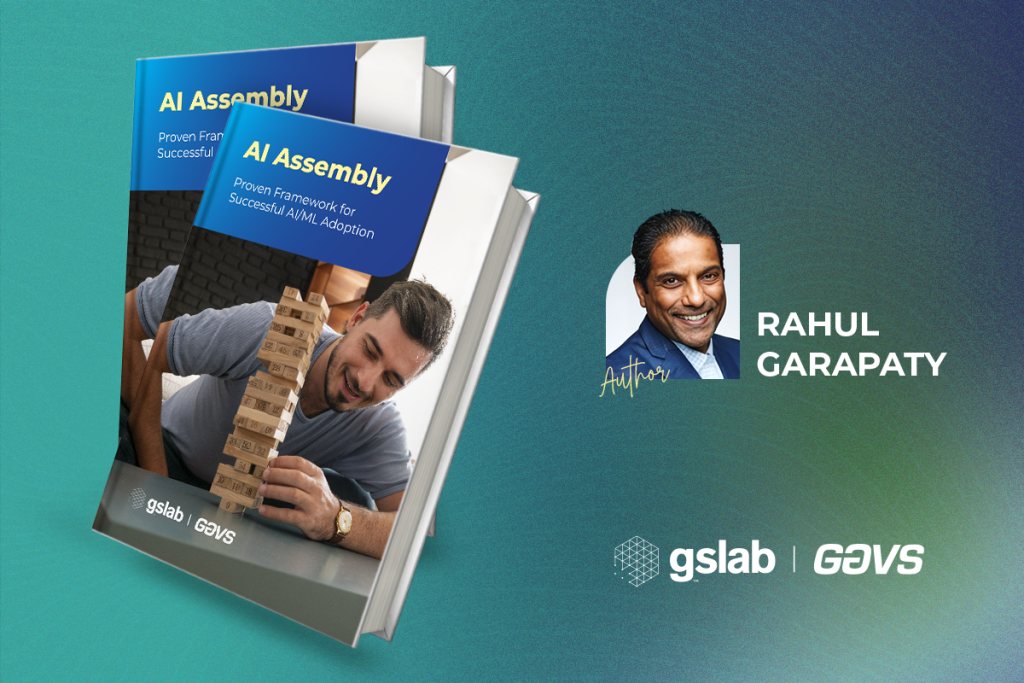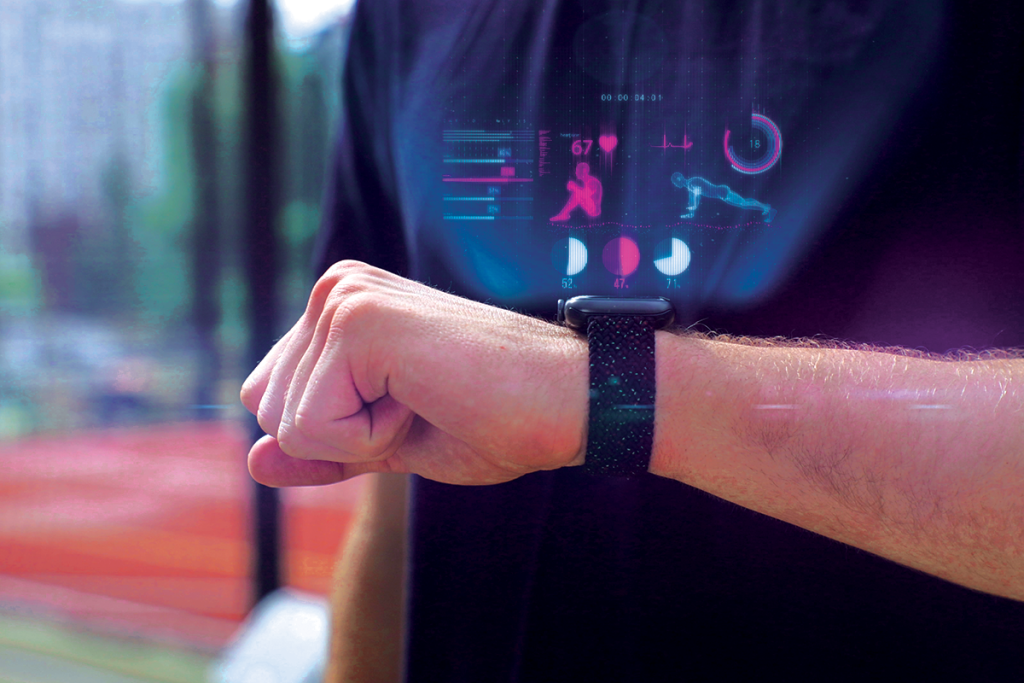Pre Computers Era
This can be termed as ‘pen and paper’ era. It witnessed the building of the foundation. The concept of numbers became concrete. The zero was invented by Brahmagupta or Aryabhata depending on which way you look at it. The number systems evolved. The earliest known tool used in computation was the Abacus and it is thought to have been invented in 2400 BC.

A number of devices based on mechanical principles were invented to help in computing leading to even analog computers. The computational theories also evolved with the advent of logarithms etc.
Computers Era
The concept of using digital electronics for computing leading to modern computers is recorded around 1931. Alan Turing modelled computation to lead to the well-known Turing Machine. The ENIAC was the first electronic general purpose computer, announced to the public in 1946.

Since then computers have come a long way. There are supercomputers.

There are a variety of devices like mainframes, servers, desktops, laptops, mobiles etc. There are specialized hardware like gateways, routers, switches etc. for networking.

These enabled the culmination into internet and the World Wide Web as we know it. Storage arrays for all the storage related capabilities including snapshots, backups, archival etc. There are Application Specific Integrated Circuits (ASIC).

so on and so forth.
Software Defined Era
Soon enough this hardware started getting driven by software. The software started getting more and more sophisticated. It evolved over paradigms like multi-tier architecture, loosely coupled systems, off-host processing etc. There was advent in the area of virtualization.

A lot of concepts in computing could be abstracted easily at various levels. This enabled a lot of use cases. E.g. routing-logic moved to software, and hence networks could be reconfigured on the fly enabling migration of servers / devices on response to user / application requirements. The tiered storage can be exposed as a single block store as well as file system store at the same time. It gives capability of laying out the data efficiently in the backend without compromising the ease of its management effectively from a variety of applications.
The cloud started making everything available everywhere for everyone. The concepts like Software Defined Networking (SDN)


Software Defined Storage (SDS)

leading to Software Defined Everything (yes, some people have started coining such a term that you will start seeing widely soon enough). Hardware is getting commoditized. There is specialized software on the rise addressing the needs.
Beyond Software
It is still not clear what will replace software. However some trends and key players have already started to emerge in this direction. There can be a number of components like open source readily available as building blocks. One might have to just put them together for solving the variety of problems without writing much code. Computing has moved away from “computing devices” into general-purpose common devices like watches, clothing, cars, speakers, even toasters etc. Every device is becoming intelligent. The hardware ecosystem is more or less commoditized already, but software is also along the same path. Witness the proliferation of Openstack.

or IoT platforms for example. One might have to simply configure them to address the needs. E.g. Openstack cinder can be configured to clone volumes for creating test-dev environments efficiently. IoT can make a production plant efficient in real time by continuous monitoring, re configuration and management of its resources. It could be Docker containers that one has to only deploy for plug and play to have complete solutions in play. The hand writing recognition, voice commanded devices can lead to complete working solution on a matter of thought! The machine learning can provide already fully functional machines like smart cars etc.
Who knows, a day might come when without doing anything, everything will be achieved even through thin air so to speak! At this time it might sound like a wild stretch of imagination but just quickly reflect over the evolution of computing so far. It might take a really long time to get there. In fact, it might be time for no one making such posts but just a matter of making some Google searches, looking around with open eyes, feeling it with all the senses for everyone to have already grasped the gist of the message!




